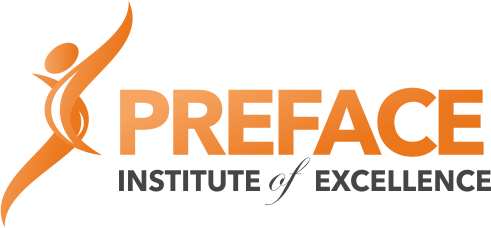Introduction:
In the dynamic landscape of education, boarding schools stand out as unique institutions that not only focus on academic excellence but also provide an immersive environment for personal growth and character development. One crucial aspect that adds richness and depth to this developmental journey is cultural diversity. The role of cultural diversity in boarding schools extends far beyond merely creating a heterogeneous student body; it plays a pivotal role in fostering open-mindedness, tolerance, and the development of global citizens.
Creating a Microcosm of the World:
Boarding schools, by their nature, gather students from various regions, countries, and cultural backgrounds under one roof. This microcosm of the world offers an unparalleled opportunity for students to interact with peers who bring diverse perspectives, traditions, and customs. Exposure to such a broad spectrum of cultures enhances students’ understanding of the world and equips them with the skills needed to navigate an increasingly interconnected global society.
Promoting Cultural Awareness and Understanding:
Living and studying alongside peers from different cultural backgrounds encourages students to engage in conversations that extend beyond the confines of textbooks. It promotes cultural awareness, helping students understand the nuances of different societies, religions, and traditions. This exposure not only broadens their knowledge but also instills a sense of empathy and respect for diversity, crucial traits in today’s multicultural world.
Language Acquisition and Communication Skills:
In a culturally diverse boarding school, students often encounter peers who speak languages different from their own. This linguistic diversity creates an environment conducive to language acquisition and the development of effective communication skills. Beyond the formal classroom setting, students engage in daily interactions where they must navigate language barriers, fostering adaptability and an appreciation for the richness of linguistic diversity.
Building a Global Perspective:
The cultural exchange that occurs within the walls of a boarding school cultivates a global perspective among students. Exposure to different worldviews challenges preconceived notions and ethnocentric perspectives, encouraging students to question assumptions and broaden their horizons. This global mindset is a valuable asset, preparing students to thrive in an international context and contribute meaningfully to a diverse and interconnected global community.
Enhancing Social and Emotional Intelligence:
Living away from home and interacting with a culturally diverse group of peers necessitates the development of strong social and emotional intelligence. Boarding school students learn to navigate various social dynamics, understand different communication styles, and appreciate diverse approaches to problem-solving. These skills are essential not only for success in academic pursuits but also for cultivating meaningful relationships in both personal and professional spheres.
Preparation for a Globalized Workforce:
As the world becomes increasingly interconnected, employers seek individuals with the ability to collaborate across cultures and navigate diverse work environments. Boarding schools, with their emphasis on cultural diversity, play a crucial role in preparing students for the challenges of a globalized workforce. The adaptability, cross-cultural communication skills, and global perspective gained in a diverse boarding school environment position students for success in an ever-evolving professional landscape.
Challenges and Opportunities:
While the benefits of cultural diversity in boarding schools are substantial, it is essential to acknowledge and address the challenges that may arise. Cultural differences can sometimes lead to misunderstandings or conflicts among students. However, these challenges provide valuable learning opportunities, teaching students conflict resolution, negotiation, and compromise – skills that are invaluable in adult life.
Conclusion:
In conclusion, the role of cultural diversity in boarding schools is multifaceted and integral to the holistic development of students. Beyond academic achievements, the cultural exchange that occurs within these institutions fosters open-mindedness, tolerance, and the skills necessary for global citizenship. Boarding schools, by embracing and celebrating diversity, contribute to shaping individuals who are not only academically proficient but also socially and culturally adept, ready to thrive in an interconnected world. As we celebrate the one-year milestone of this essay, it serves as a reminder of the ongoing importance of fostering cultural diversity in educational settings for the benefit of current and future generations.









